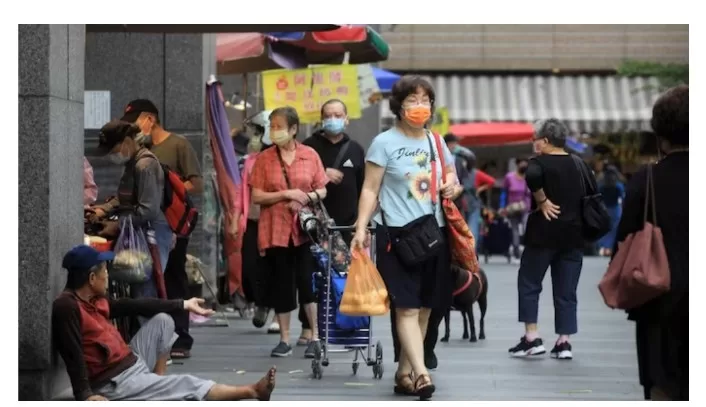In a strategic move, Taiwan is set to engage approximately one lakh Indian workers across diverse sectors, encompassing manufacturing, agriculture, and healthcare, as early as the forthcoming month. A bilateral employment mobility agreement is anticipated to be inked by December, aligning with Taiwan’s imperative to bolster its workforce due to an aging population. By 2025, Taiwan is projected to transition into a “super-aged” society, with the elderly constituting over 20% of the populace.
This initiative, while addressing Taiwan’s demographic challenges, has the potential to escalate geopolitical tensions with China. Beijing, which claims Taiwan as its own territory, has consistently opposed official exchanges with the self-governed island. Arindam Bagchi, spokesperson for India’s Ministry of External Affairs, confirmed that the jobs pact with Taiwan is in its final negotiation stages.
In response to Taiwan’s labor needs, the Indian workforce is poised to receive competitive compensation, ensuring pay parity with local employees. Additionally, insurance policies will be extended to safeguard the well-being of Indian workers. The move by Taiwan, with its unemployment rate at its lowest since 2000, aims to sustain its robust $790 billion economy.
In a similar vein, Israel has explored the prospect of recruiting one lakh workers from India to replace Palestinians who lost employment following the Israel-Hamas conflict. While these developments mark a shift in global labor dynamics, the long-term implications and global repercussions remain to be seen.






